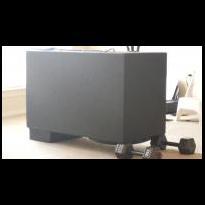-
Recently Browsing 0 members
No registered users viewing this page.
-
-
Recent Topics
-
- 20 comments
- 412 views
-
- 400 comments
- 34,336 views
-
- 3 comments
- 134 views
-
- 4 comments
- 249 views
-
- 2 comments
- 786 views
-
- 5 comments
- 1,648 views
-
-
-
Recent YouTube Posts




